What Should You Plant to Create a Screen along the Backyard Fence Line
Living with screening plants have experienced a recent surge in popularity, though they've been in use for centuries! They may maintain hedge form or person crops, but the principal objective is to give solitude in the summer and mild in winter.
Here I'll record the best screening plants to utilize for privacy screens, together with detailed information about every one of these.
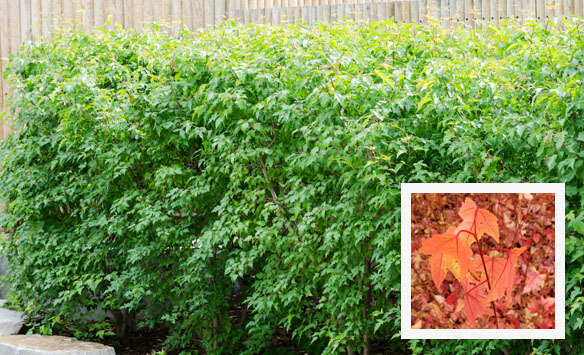
It's quite cold-hardy (down to -40ºF! ) ) , making specially well-suited into the Northern US. It can readily be increased as a display as a result of its multi-stemmed all-natural habit and could be preserved by pruning once each year. Amur maple is among those rapid growing viewing plants.
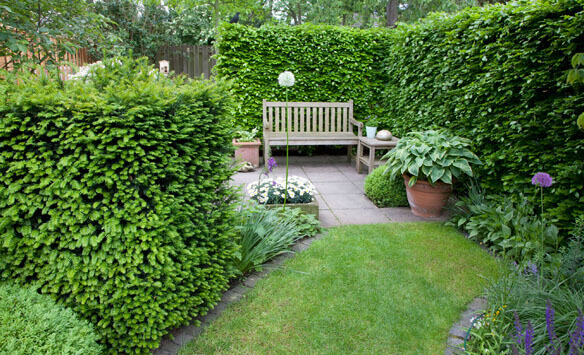
Beech hedging (Fagus Sylvatica) is very well known in Europe, and American households with a European design just are not complete without a beech hedge. Although deciduous, beech will maintain their leaves much of the winter season, including a copper-colored feel to the winter landscape.Dense branching provides optimal privacy in the summertime.You will find varieties of dark burgundy to purple foliage that are especially stunning.
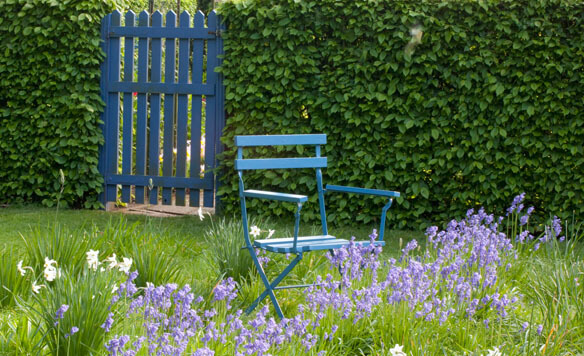
A pure screening plant with yellowish fall color and retains its brown leaves much of the winter to give additional privacy. It's easy to develop and has excellent immunity to a lot of insects and diseases.
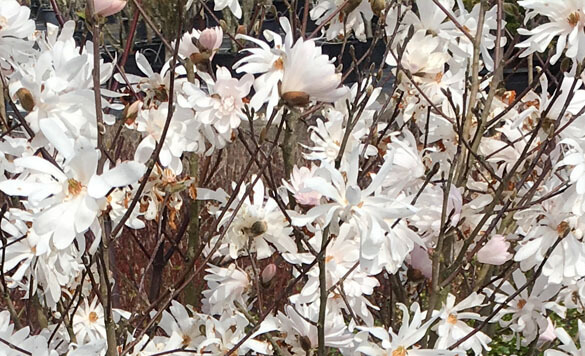
Royal Star Magnolia (Mognolia Stellata) is a gorgeous option for people who are searching for a really stunning and one of a kind privacy screen! This screening tree is a compact grower, so it takes little pruning. Deer resistant.
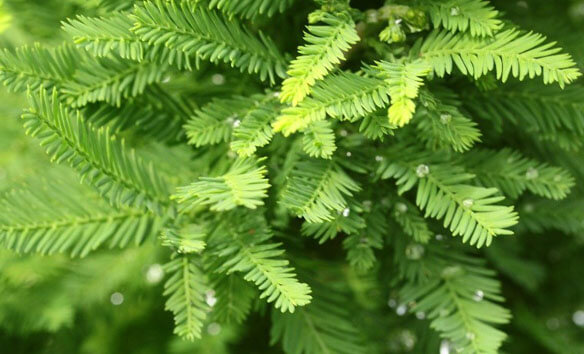
Bald cypress is also a gorgeous and one of a kind screening plant option for screening function. It's very well-suited to moist, swampy environments along with also the warmth of the Southern United States. It's lush green foliage throughout the summer and spring that turns aluminum in fall and fully drops for the wintertime. It develops fast, so pruning is going to be asked to keep in a tiny size. It's deer-resistant. There are lots of kinds of hedges in deciduous and citrus choices.
Here I'll record the best screening plants to utilize for privacy screens, together with detailed information about every one of these.
- Flame Amur Maple

It's quite cold-hardy (down to -40ºF! ) ) , making specially well-suited into the Northern US. It can readily be increased as a display as a result of its multi-stemmed all-natural habit and could be preserved by pruning once each year. Amur maple is among those rapid growing viewing plants.
- European Beech

Beech hedging (Fagus Sylvatica) is very well known in Europe, and American households with a European design just are not complete without a beech hedge. Although deciduous, beech will maintain their leaves much of the winter season, including a copper-colored feel to the winter landscape.Dense branching provides optimal privacy in the summertime.You will find varieties of dark burgundy to purple foliage that are especially stunning.
- European Hornbeam

A pure screening plant with yellowish fall color and retains its brown leaves much of the winter to give additional privacy. It's easy to develop and has excellent immunity to a lot of insects and diseases.
- Royal Star Magnolia

Royal Star Magnolia (Mognolia Stellata) is a gorgeous option for people who are searching for a really stunning and one of a kind privacy screen! This screening tree is a compact grower, so it takes little pruning. Deer resistant.
- Bald Cypress

Bald cypress is also a gorgeous and one of a kind screening plant option for screening function. It's very well-suited to moist, swampy environments along with also the warmth of the Southern United States. It's lush green foliage throughout the summer and spring that turns aluminum in fall and fully drops for the wintertime. It develops fast, so pruning is going to be asked to keep in a tiny size. It's deer-resistant. There are lots of kinds of hedges in deciduous and citrus choices.
Comments
Post a Comment